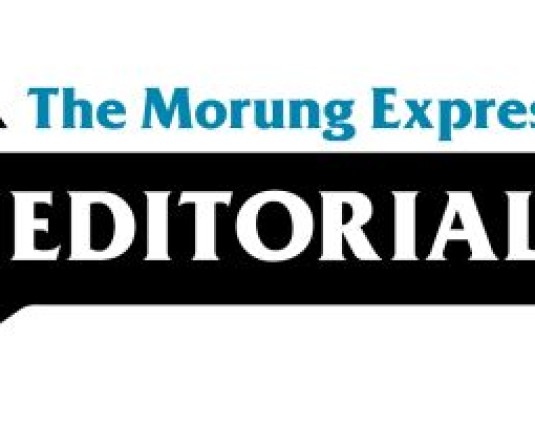
Imlisanen Jamir
As the National Education Policy (NEP) 2020 sweeps through the educational landscape of Nagaland, it's not just the blackboards that are changing but the very essence of what we understand education to be. The shift from traditional, textbook-heavy learning to a more skill-oriented approach reflects a broader trend, one that's both promising and deeply unsettling. On one hand, we see a valiant attempt to tackle the unemployment crisis that plagues the country. On the other, we must ask: what are we sacrificing in the process?
Imagine walking into a classroom where students aren't just reciting historical dates or solving algebraic equations but learning how to fix cars, provide beauty treatments, or manage a hospitality desk. It sounds like a utopia of practical knowledge, an education system finally in tune with the demands of the modern job market. In a place like Nagaland, where the phrase "educated unemployed" has become a painful cliché, this shift is indeed welcome. It provides hope that our young people won't just graduate with diplomas, but with the skills that make them employable.
Yet, beneath this veneer of progress lies a critical question: is this push towards vocational education undermining the true essence of learning? Education, at its core, is about questioning, about nurturing a sense of curiosity and critical thinking. It's about understanding the world in all its complexities, not just preparing for a job market that is as fickle as it is demanding. Are we in danger of turning our schools into mere training grounds for the workforce, where the richness of learning is distilled down to employability?
The government's focus on skill development and vocational training is undoubtedly a pragmatic response to the unemployment crisis. But this emphasis on practicality must be balanced with the need to foster critical thinking. Without it, we risk producing generations who can perform tasks but cannot question the status quo, who can follow instructions but cannot innovate or challenge existing paradigms.
In an age where the ability to think critically about our social, economic, and political conditions is more important than ever, this shift raises some troubling implications. There's a subtle, yet powerful, trend suggesting that skill-centric, market-oriented education systems tend to align with specific political ideologies—often conservative, sometimes leaning towards authoritarian. This isn't to say that vocational training in itself is harmful, but it does hint at the larger forces at play when we prioritize certain types of education over others.
The NEP's vision of flexibility in higher education—allowing students to opt in and out of courses, and providing multiple entry and exit points—is commendable. It reflects a recognition that education should be as adaptable as the world it seeks to prepare students for. However, this flexibility must not come at the expense of a deep, broad-based education that cultivates critical thinking.
The beauty of education lies in its dual purpose: to prepare individuals for the world of work, and to equip them with the intellectual tools to question, critique, and ultimately, transform that world. As we embrace the NEP's reforms, we must strive to maintain this balance. In the end, education should not just be a path to employment but a journey towards enlightenment.
So, as we navigate this new educational paradigm, let us remember that the value of education isn't solely in the skills it imparts, but in the minds it shapes. The true measure of our success will not just be in the jobs our students secure, but in the questions they dare to ask and the change they strive to create.
Comments can be sent to imlisanenjamir@gmail.com






